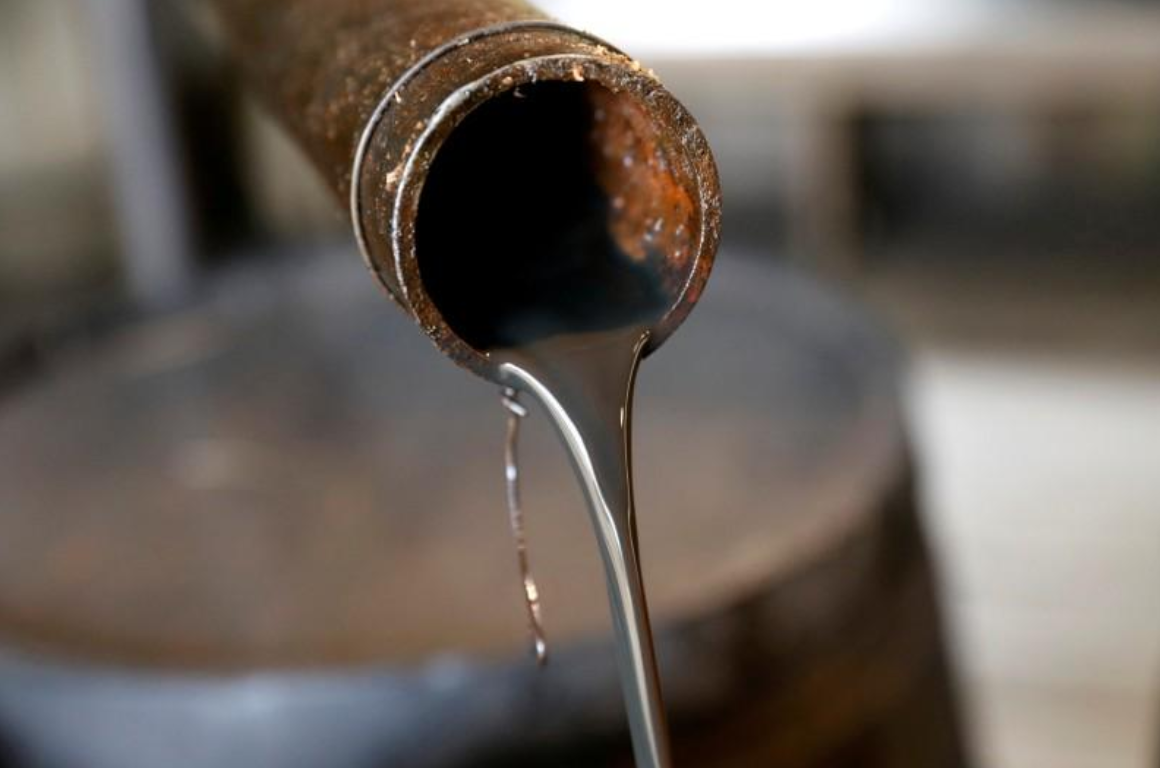
Brent oil prices climbed above $111 per barrel to a four-month high on Thursday on fears that escalating violence in Egypt could affect the Suez Canal or spread in the Middle East, where some supplies are already disrupted.
Egypt's government declared a state of emergency on Wednesday following deadly clashes between riot police and supporters of ousted President Mohamed Morsy.
Egypt is not a major producer of crude oil, but is home to the strategically-important Suez Canal and to the Sumed pipeline. Investors feared that unrest could choke supply routes or spill over into oil-exporting neighbours.
"Disruptions at the Suez Canal are unlikely, but markets never move on what's likely. They move on fear. If people are fearful about supply, they buy even if the market is fundamentally well supplied," Michael Hewson, an analyst at CMC Markets, said.
"I think Brent has the potential to go as high as $113 to $114 but not much higher," he added.
Front-month September Brent, which expires on Thursday, was trading 82 cents higher at $111.02 at 1100 GMT after jumping by over a dollar earlier to $111.53, its highest level since April 2. U.S. oil rose 83 cents to $107.68.
The Suez Canal and Egyptian ports were operating normally despite the unrest gripping the Arab world's most populous country, shipping sources said on Wednesday.
But a Muslim Brotherhood statement vowing to bring down "Egypt's military coup" suggested that the standoff was unlikely to be resolved soon.
"It is very much geopolitically driven by the unrest in Egypt, rather than by the better economic outlook," said Eugen Weinberg, analyst at Commerzbank.
"Even tourist areas in Egypt that were not affected by the revolution two years ago have been affected now. This has increased the perceived potential for supply disruption."
In Libya, the deputy oil minister said output had fallen to 600,000 barrels per day (bpd) due to field problems. The Ras Lanuf terminal remained shut after the state-run oil company had said it could not guarantee crude deliveries in September because of labour unrest at export terminals.
In Iraq, maintenance at its southern oil export hub is expected to slash supplies by 500,000 bpd in September.
Data on Wednesday showed the economies of Germany and France grew more quickly than expected in the second quarter, pulling the euro zone out of an 18-month recession.
U.S. crude inventories fell 2.8 million barrels, with stocks at Cushing, Oklahoma dropping for a sixth straight week to hit their lowest level since March, 2012.


